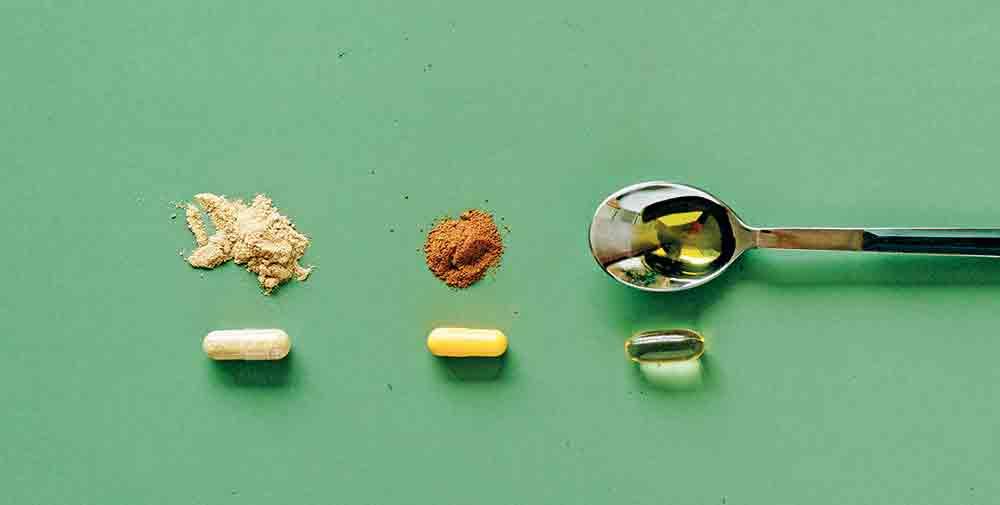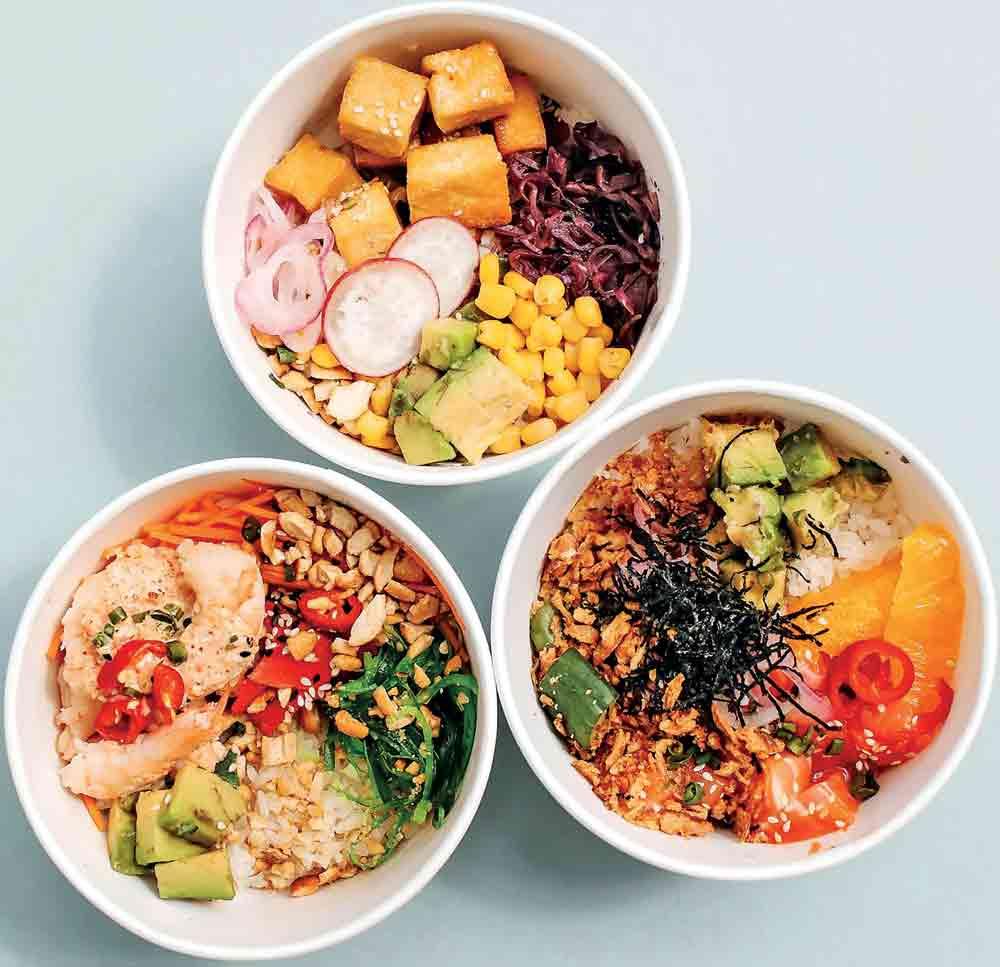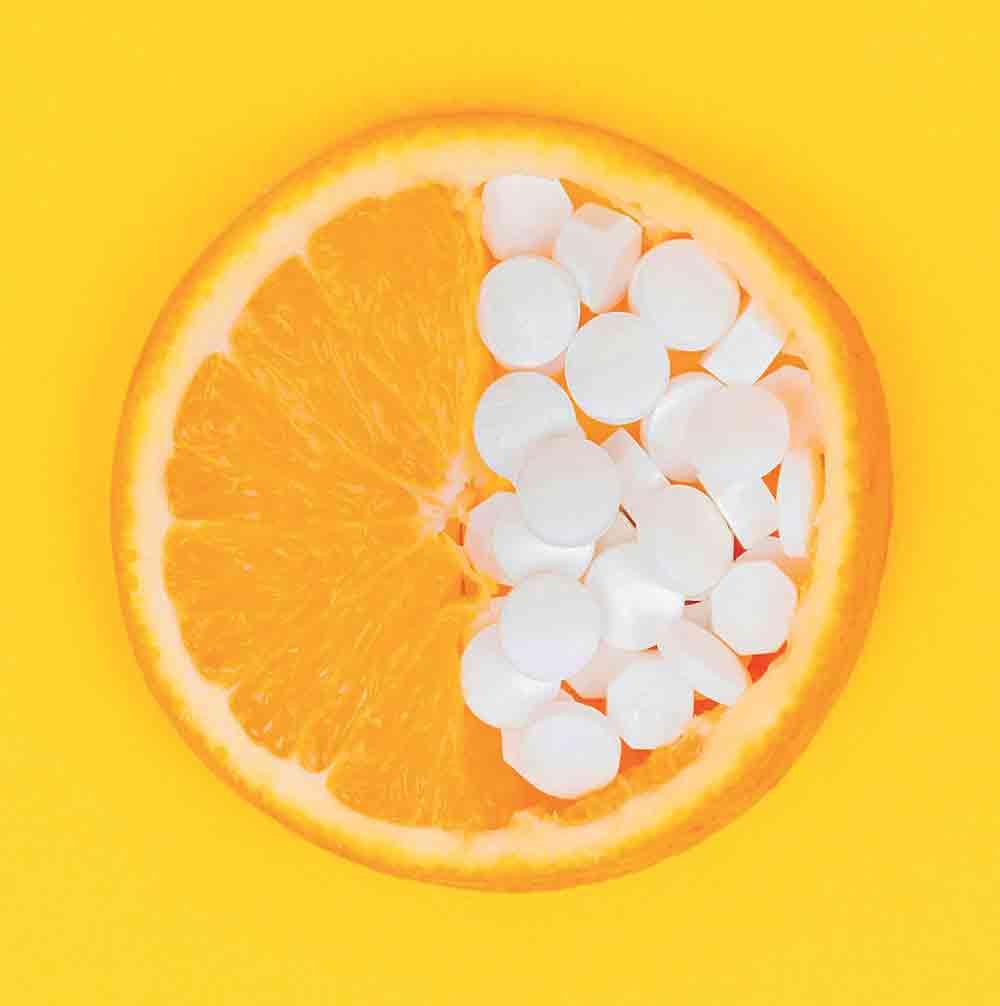
Across the world, vitamin and dietary supplement use has been steadily rising. In many countries, pills, powders and capsules promising better health are no longer just for those with diagnosed deficiencies. Instead, supplements have become a lifestyle accessory, pushed by influencers, purchased online, and consumed by people who may not need them at all. The appeal is obvious: a single pill that claims to boost energy, improve skin, or strengthen immunity is far more convenient than a plate of balanced meals. Yet behind the glossy marketing lies a growing concern among healthcare professionals. Are people really improving their health with supplements, or are they simply buying into a multibillion-dollar industry built on social media influence?
The Expanding Supplement Market
Globally, supplements are big business. The vitamin and mineral supplement market is projected to grow from approximately USD 59 billion in 2024 to nearly USD 100 billion by 2034. The broader nutritional supplement market is even larger, expected to surpass USD 350 billion within the next decade.
In Sri Lanka, the numbers are more modest but reflect a similar upward trend. According to Statista, the vitamins and minerals segment is expected to generate USD 173,500 in 2025, with steady growth to around USD 196,800 by 2029. While this figure may seem small in global terms, it highlights how even smaller economies are being drawn into the supplement wave.
This growth is closely linked to the power of social media. Brands have shifted away from traditional advertising, instead targeting influencers who share supplement routines with thousands or even millions of followers. These endorsements often blur the line between personal opinion and professional guidance, making supplements appear safe, necessary, and universally beneficial.

When Supplements Become Risky
The problem is not supplements per se; certain groups genuinely benefit from them. The issue arises when people take them without need, without proper dosage control, or without medical advice.
Consider vitamin E. While it plays a role in protecting cells from damage, high doses thin the blood and increase the risk of internal bleeding, including brain haemorrhage. Even vitamin C, which is water-soluble and often thought to be harmless, can cause digestive issues and kidney stones when consumed in very high amounts.
Despite these risks, many supplements on the market contain 500–1,000% of the recommended daily allowance (RDA). Such doses far exceed what most people need, yet they are often promoted as “immune boosters” or “energy enhancers.”
Compounding this issue is the lack of regulation. Unlike medicines, supplements do not undergo rigorous safety trials before entering the market. Labels may be misleading, ingredients may be unlisted, and claims are rarely supported by high-quality research. For consumers, it can be difficult to distinguish between evidence-based products and those driven purely by marketing.

Do Most People Really Need Supplements?
For the majority of healthy individuals, the answer is no. A balanced diet provides the vitamins and minerals required for good health, in forms that the body absorbs more efficiently than pills. Whole foods also contain additional nutrients such as fibre, antioxidants, and phytochemicals that supplements cannot replicate.
Nevertheless, supplements do have a role in certain situations. Examples include:
- Iron for individuals with anaemia or low iron stores, to support red blood cell production.
- Calcium and vitamin D for people who avoid dairy or live in areas with limited sunlight.
- Folic acid for women planning pregnancy, to support fetal development.
- Vitamin B12 for vegans and older adults who may struggle to absorb the vitamin from food.
In these cases, supplements can help bridge genuine nutritional gaps. However, they should always be taken under professional guidance, and ideally based on blood tests or a confirmed diagnosis.
Five Principles for Responsible Supplement Use
- Prioritise food first. Supplements should complement a healthy diet, not replace it.
- Know your diet. If you exclude certain foods or follow a restrictive diet, identify the nutrients you may be missing.
- Be cautious with doses. More is not better; stick to products that align with the RDA unless otherwise prescribed.
- Choose multivitamins carefully. Broad-based supplements may be safer than combining multiple high-dose single nutrients.
- Seek professional advice. Consult a doctor, dietitian, or nutritionist before starting, continuing, or adjusting supplements.
The Sri Lankan Context
Sri Lanka’s supplement market remains small compared to global figures, but consumer behaviour mirrors international trends. Many Sri Lankans turn to online retailers or local outlets for supplements ranging from whey protein to vitamin capsules. On online forums, fitness enthusiasts frequently recommend specific stores as “reliable,” signalling both a demand for and a trust in imported products.
However, the same concerns apply locally. Products may be marketed with bold claims, and consumers often purchase based on peer recommendation rather than medical advice. For a country where nutritional deficiencies exist in some populations, indiscriminate supplement use could shift focus away from more sustainable solutions such as dietary diversity, food fortification, and public health education.
A Balanced Perspective
The rising popularity of supplements highlights an important cultural shift: people are taking greater interest in their health and wellbeing. This is a positive step. However, when choices are shaped more by social media trends than scientific evidence, there is a risk of doing more harm than good.
Supplements can be beneficial when prescribed for the right reasons, at the right doses, and for the right people. But they are not a universal solution. For most individuals, the foundation of health remains the same: a varied diet, regular physical activity, and professional guidance when needed.
As the supplement industry continues to expand both globally and within Sri Lanka, consumers must approach it with caution. Social media influence is powerful, but it should never replace sound medical advice. The safest path forward is a food-first approach, with supplements used only to bridge genuine gaps, not to chase trends.











